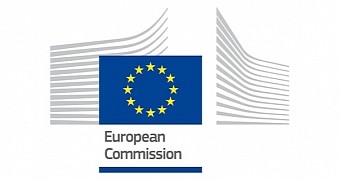The European Commission has announced that it plans to end roaming charges until 2017, taking into consideration the low prices for roaming calls, SMS and data that have fallen by 80% from 2007, data roaming being 91% cheaper than it was in 2007. In these circumstances, a decision to abolish data roaming completely became inevitable
However, while the EU's council, commission and parliament were able to reach a definitive decision on roaming charges, the body's new net neutrality rules are less concrete. The published agreement decides that from April 2016 onwards all traffic will be treated equally, it still may allow internet providers loopholes to "enable the provision of specialized or innovative services" of "a higher quality."
Although the EU denies that it promotes a dualistic internet, compared to the highly regulated internet laws in the United States, European internet laws may still allow abuse from corporations to separate common Internet speeds from "competitive, affordable, and high-quality connectivities" found under Investment in Networks clause.
EU representatives fought over the provision of prospective net neutrality rules, and while heads of member states composed the council to regulate the laws, it was decided that companies should be allowed to set their own restrictions, while the parliament pushed for a totally open system.
Loose regulations let the sharks in
While declaring that its net neutrality system is the "strongest in the world" its wording unfortunately does not specify exactly what is to be done when a provider breaks the equality code, insisting instead on obliging the member states to set "effective, proportionate and dissuasive" punishments.
It's easy to understand that the views on how the Internet should be regulated differ radically between US and Europe. Earlier this year FCC enforced strong neutrality guidelines against Comcast and AT&T's decades long lobby for Internet limitations claiming that the Internet we know today exists because FCC decided to open the AT&T modems back in the '60.
The only thing we have to fear in Europe is loophole abuse, and many could try it. As we have seen recently in geopolitics, European political leaders would rather rely on public common sense than an effective system of deterrence against lawbreakers.

 14 DAY TRIAL //
14 DAY TRIAL //